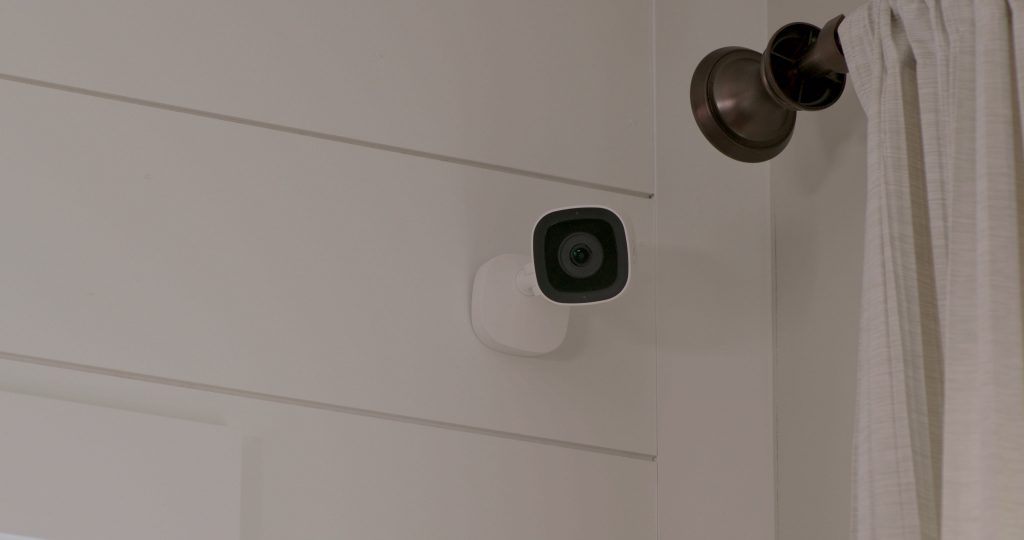In today’s world, ensuring the safety of your home is more important than ever. Home security cameras have become a popular solution for many households. These devices help you keep an eye on your property, but you might wonder: are they really secure? Let’s explore how home security cameras provide safety and protect your privacy.

Read More About Smart Home Security Cameras in Our Ultimate Guide
Advanced Encryption
A recent study found that 13% of surveyed respondents had their camera systems hacked. One of the best ways to protect against this and ensure your privacy is through advanced encryption. Encryption transmits data from your camera into a code that can’t easily be read by others. Most modern security cameras use high-level encryption standards, making it extremely difficult for hackers to access your video feeds.
Secure Cloud Storage
Many security cameras also offer cloud storage options. This means that your video footage is stored on remote servers rather than on the camera itself. Cloud storage provides several benefits:
- Redundancy: If your camera is damaged or stolen, your footage is safe and accessible from the cloud.
- Security: Reputable cloud storage providers use robust security measures to protect your data from unauthorized access.
When choosing a cloud storage service, it’s essential to select a provider with a strong reputation for security and privacy.
Two-Factor Authentication
Many home security camera systems now offer the option to set up two-factor authentication (2FA). This adds an extra layer of security by requiring you to verify your identity in two ways before accessing your camera’s footage. Typically, this involves entering a password and then confirming a code sent to your smartphone. This makes it much harder for unauthorized users to gain access to your video feeds.
User Control and Customization
Home security cameras provide various user control features to enhance privacy. You can customize settings such as:
- Access permissions: Decide who can view your camera’s footage.
- Recording schedules: Set specific times for your camera to record, ensuring it doesn’t capture unwanted footage.
- Motion detection zones: Define areas within the camera’s view where motion should be detected, reducing false alarms and unnecessary recordings.
By tailoring these settings, you can ensure that your home security system meets your specific privacy needs.
In Conclusion
To summarize, home security cameras offer numerous features to protect both your safety and privacy. With advanced encryption, secure cloud storage, two-factor authentication, and customizable user controls, these devices are designed to be secure. With these features, you can confidently monitor your home, knowing that your privacy is safeguarded.

